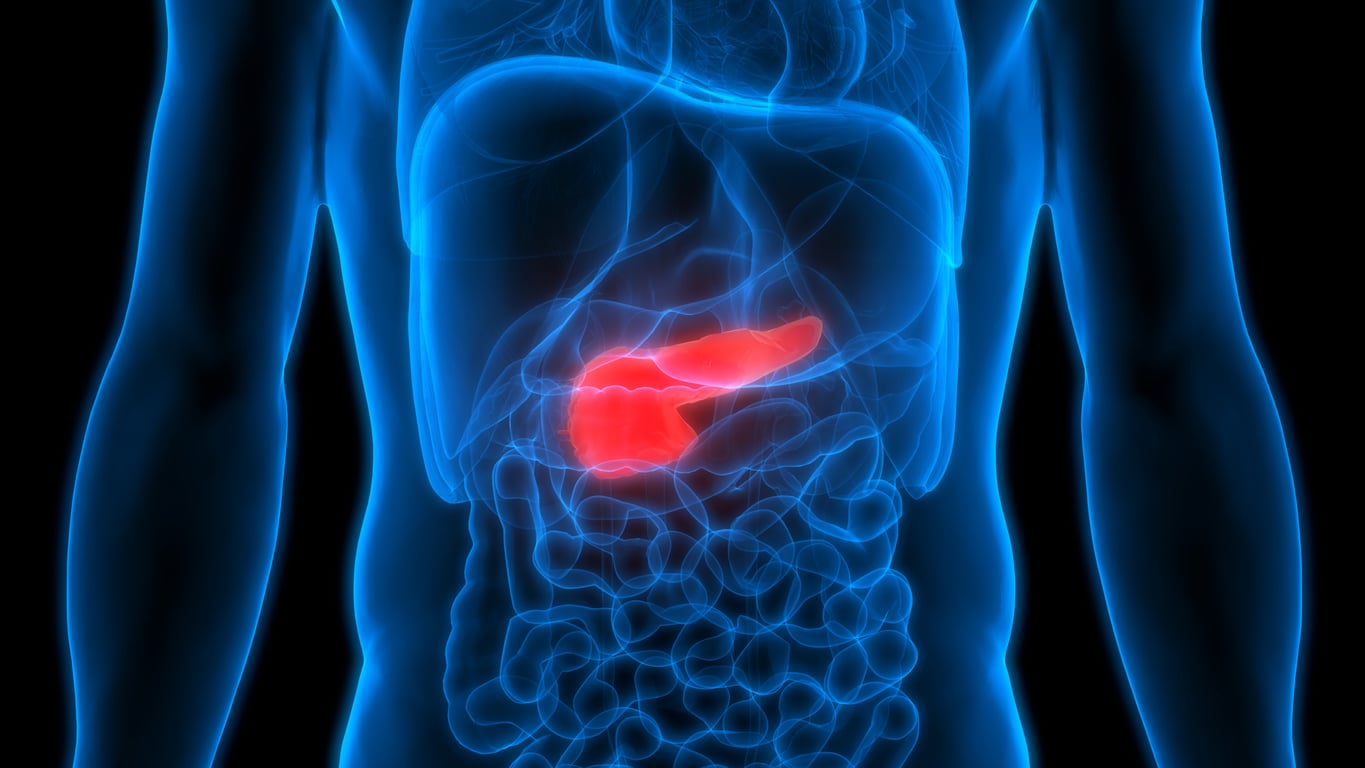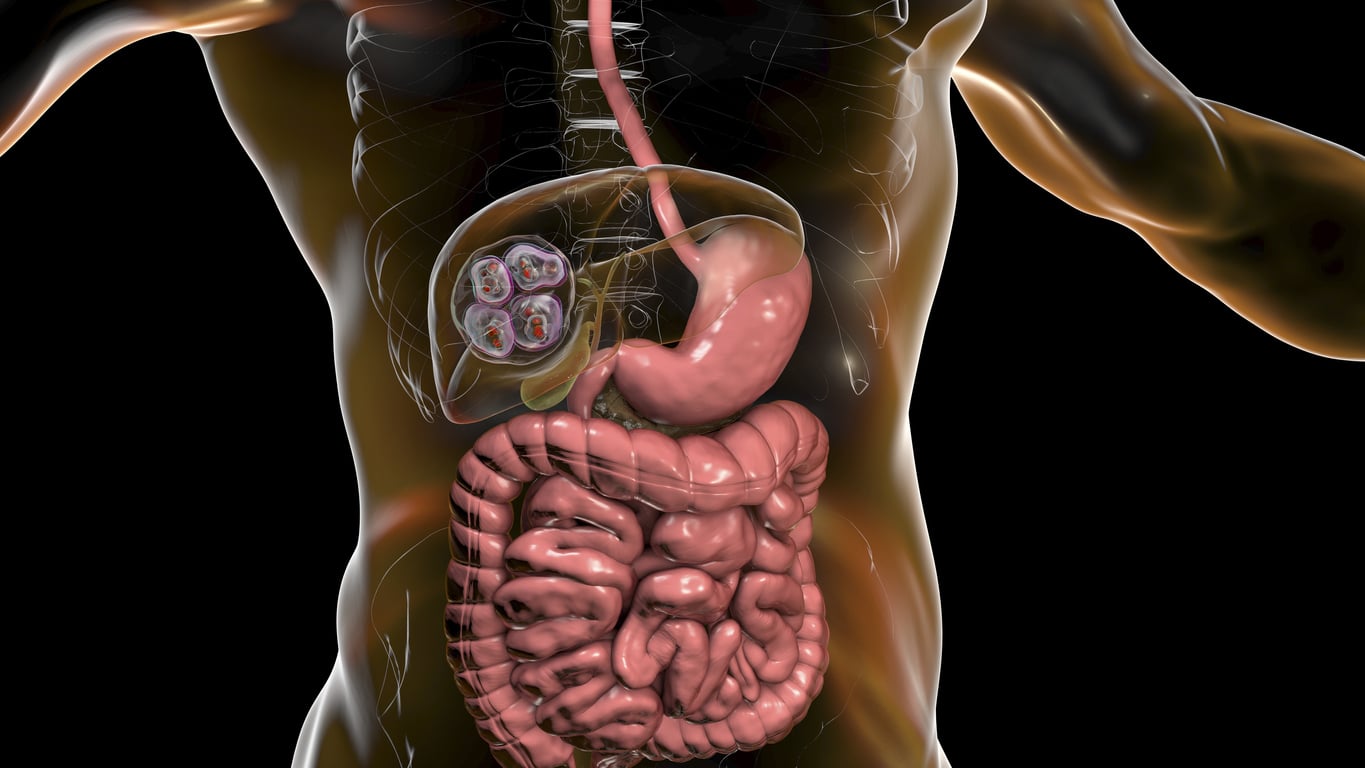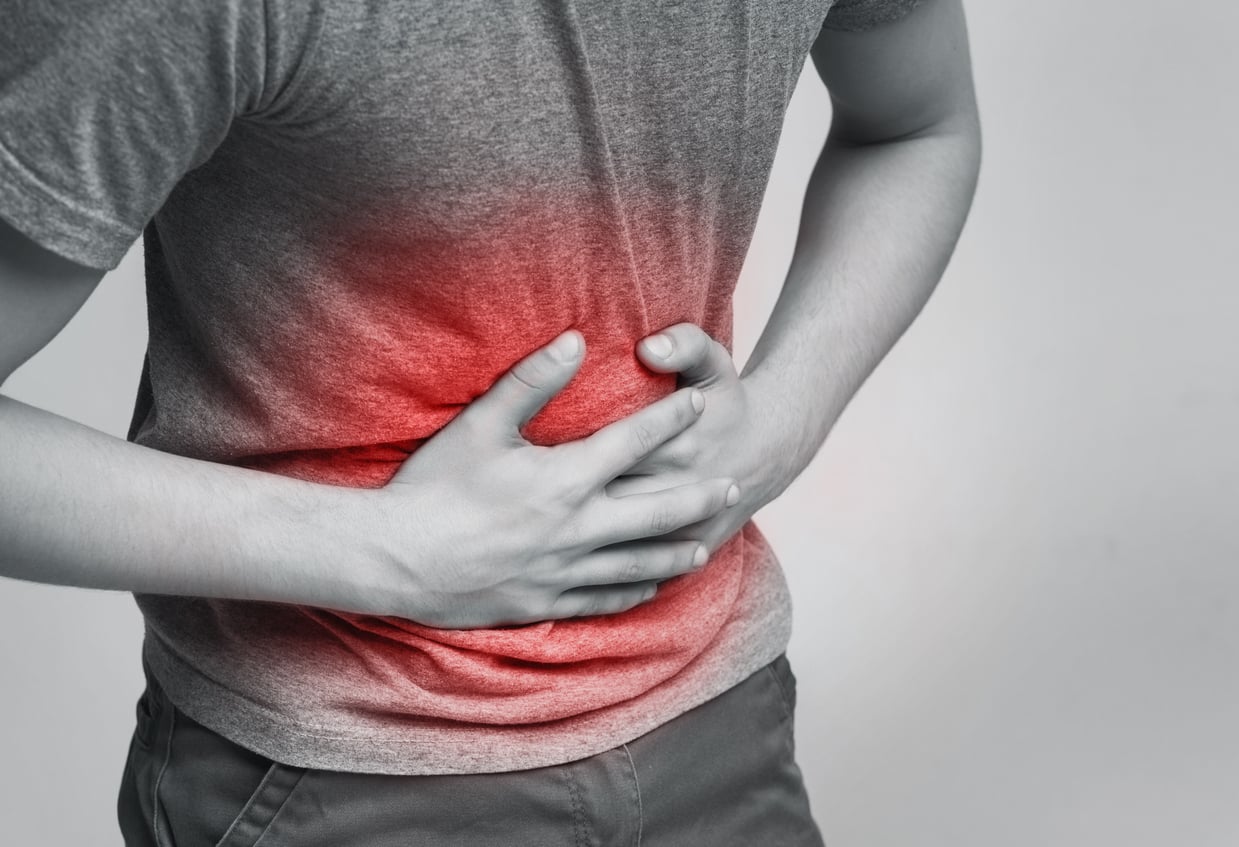Symptoms of Hypertension: What to Look Out For
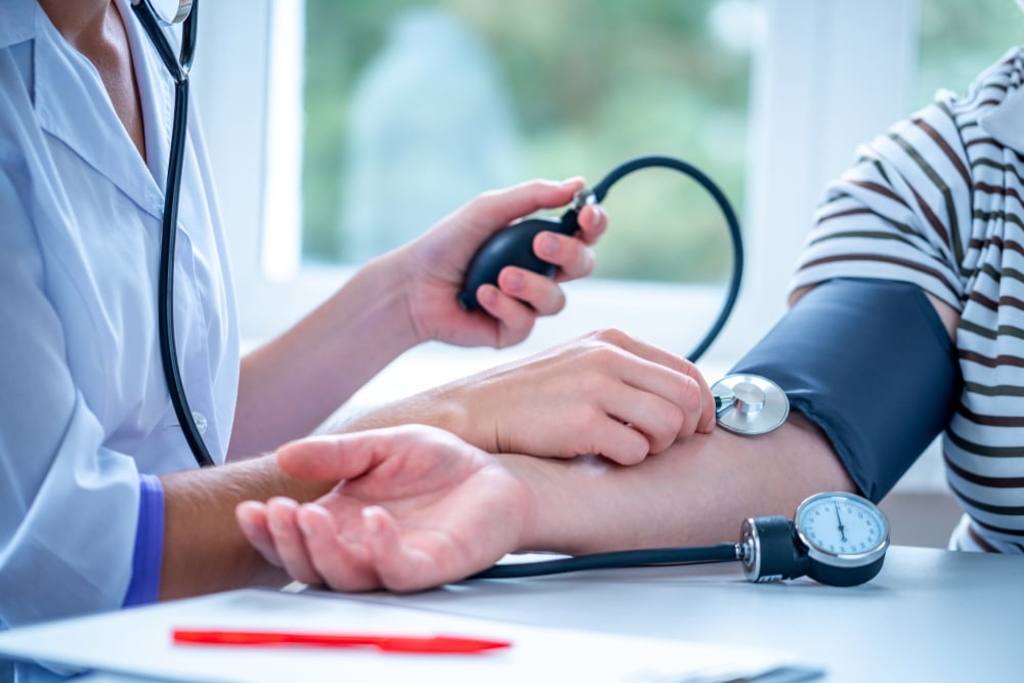
High blood pressure, also known as hypertension, is a serious condition that can lead to some very dangerous health problems if left untreated. It is important to be able to identify the symptoms of hypertension early on so you can get treatment and avoid any long-term damage. In this blog post, we will discuss the symptoms of hypertension in detail.
Headaches
Headaches are a common symptom of hypertension, or high blood pressure. For many people, the first sign of hypertension is a headache. Headaches caused by hypertension are usually dull and constant, and they may be accompanied by other symptoms such as nausea, dizziness, or lightheadedness. If you experience any of these symptoms, it's important to see your doctor for a diagnosis.
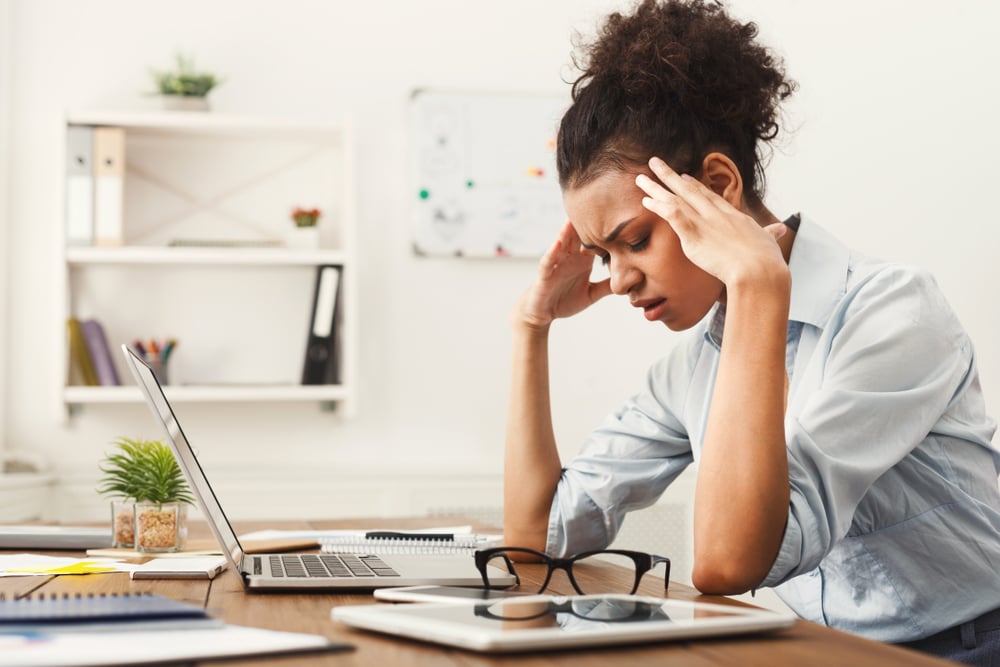
Shortness of Breath
Shortness of breath, or dyspnea, is a common symptom of hypertension. It occurs when the heart is unable to pump enough blood to meet the body's oxygen demands. This can cause the lungs to work harder to get oxygen into the bloodstream, leading to shortness of breath.

Pains in the Chest
Pains in the chest can be a symptom of hypertension, or high blood pressure. Hypertension is a condition in which the force of the blood against the walls of the arteries is too high. This can cause damage to the arteries and lead to serious health problems, such as heart disease, stroke, and kidney failure. Pains in the chest can be a sign that the arteries are being damaged by hypertension.
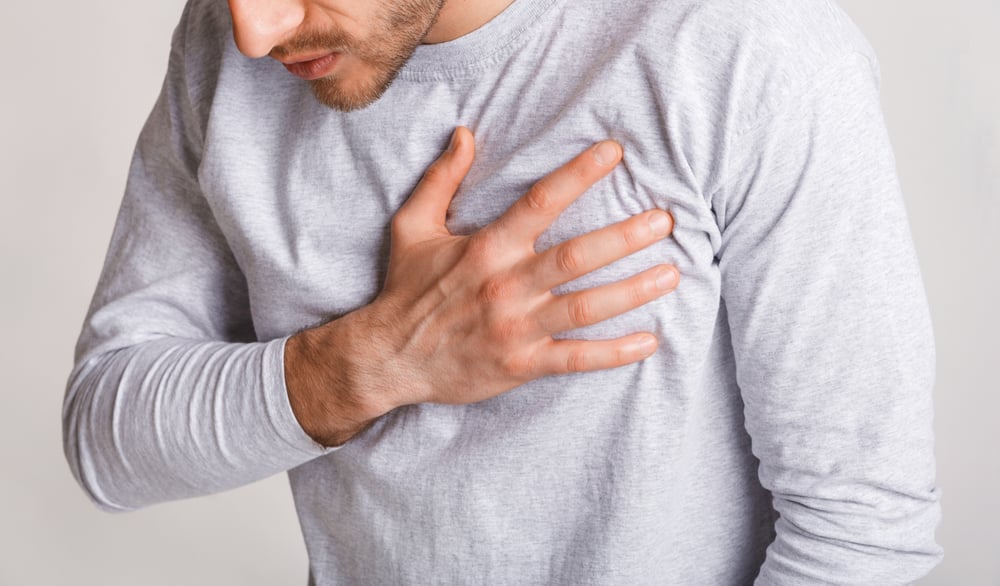
Exhaustion
When your blood pressure is too high, your heart has to work harder to pump blood through your veins and arteries. This extra effort can leave you feeling tired and weak. Exhaustion can also be caused by the stress and anxiety that often accompany hypertension.

Nauseous
Nausea is a common symptom of hypertension and can be caused by a number of different factors. High blood pressure can damage the lining of the arteries, leading to inflammation and irritation. This can trigger the release of stomach acids, which can cause nausea. Nausea can also be caused by the increased pressure on the abdominal organs, as well as by the increased heart rate that accompanies hypertension.

Poor Vision
When your blood pressure is too high, it puts additional strain on your arteries and capillaries. This can cause the small blood vessels in your eyes to break or leak, resulting in blurred or spots in your vision. In some cases, high blood pressure can also cause the retina - the light-sensitive layer of tissue at the back of the eye - to detach from the underlying layer of support tissue. If left untreated, hypertension can lead to serious eye problems, such as glaucoma, cataracts, and even blindness.
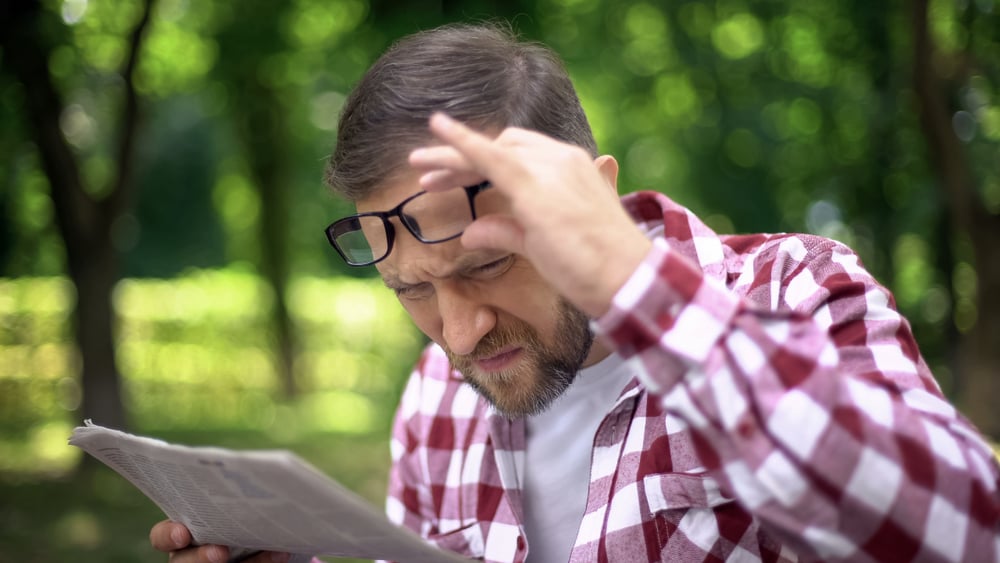
Confusion
Confusion can be a symptom of hypertension, but it is not always indicative of the condition. In fact, confusion is a relatively common symptom of many conditions, both physical and mental. That being said, if you are experiencing confusion along with other symptoms of hypertension, such as headaches, chest pain, or shortness of breath, it is important to see a doctor as soon as possible.

Nosebleeds
One possible cause of nosebleeds is hypertension, or high blood pressure. This condition occurs when the blood vessels in the body become constricted, causing the blood pressure to rise. Nosebleeds can be a symptom of hypertension because the narrowed blood vessels are more likely to rupture.

Kidney Damage
Kidney damage is a common symptom of hypertension, or high blood pressure. When the blood pressure is too high, it can damage the kidneys. This can lead to a number of problems, including kidney failure. Kidney damage can also cause other problems, such as anemia and proteinuria. Treatment for hypertension usually includes medications that can lower blood pressure. If the hypertension is severe, hospitalization may be necessary. Kidney damage can be prevented by keeping the blood pressure under control.


